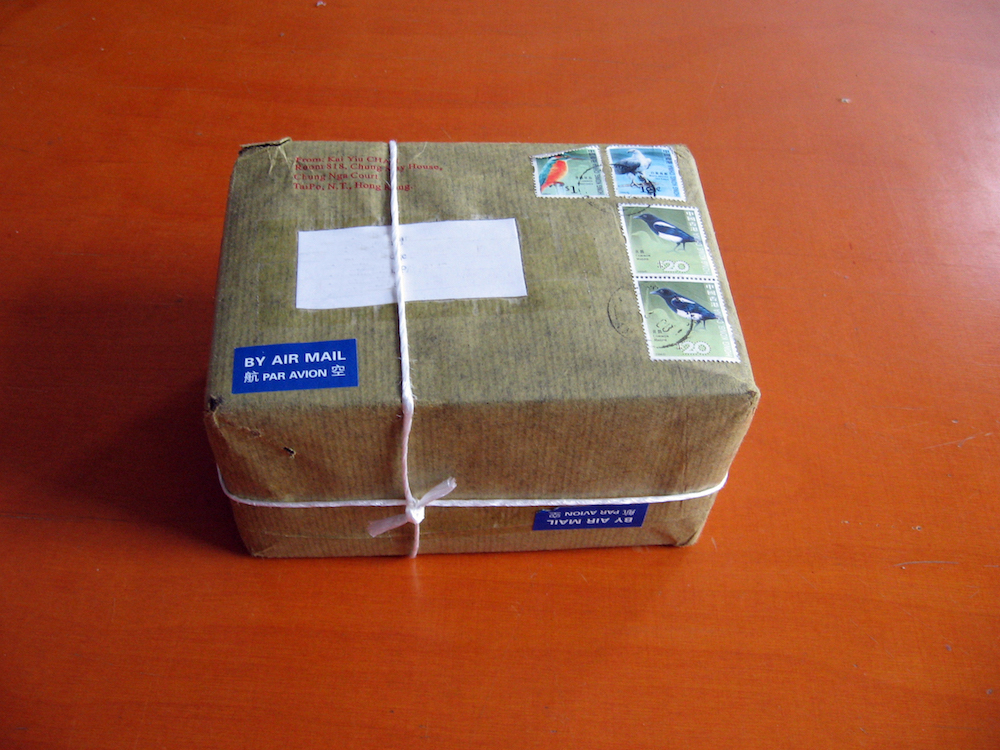Where do you buy books? If I had to guess, I’d say you buy them either from a major online super website (you know which one), or you buy them from a bookstore. It’s true that the majority of book sales happen either from book retailers or from Amazon. Publishing marketing teams focus most of their sales and marketing strategies on these outlets for this reason. However, there are plenty of other places where you might find books for sale. Perhaps it’s time for marketers to start thinking outside the box, or outside the bookstore. With sales of hard copy books on the rise in recent years, there’s been an increase in ways to market them as well. A few specialty market options include:
Subscription boxes:
A subscription box is a package sent to you at set intervals (usually monthly) filled with items selected for you by the subscription company. Around 5.7 million Americans have joined the subscription box craze, and you can find one for almost any hobby or interest. There are subscription boxes for everything from food and beverage, to fashion, to cosmetics, and more. If you’re publishing a special interest book, find out if there’s a subscription box that matches with your book’s topic and pitch a collaboration to the subscription box company. Some major publishers, like Penguin Random House, are already taking advantage of the subscription box trend.
Non-bookstores:
It can be easy to forget that books are sold outside of just, well, bookstores. They’re in grocery stores, fashion retailers, home goods shops, coffee shops, gift stores, and many other places. Is your book about hiking? Find outdoor sporting goods stores or equipment rental businesses that also sell hiking guides. Is your book about beer? Talk to local tasting rooms or home brew supply stores that also sell books and other gift items. An excellent example of specialty store placement comes from our neighbors over at Tin House Books. Their recent book about growing and enjoying cannabis is being sold at Urban Outfitters, a trend-forward fashion retailer that also sells home and novelty items (many of which are cannabis-friendly).
Events:
Events can provide an excellent opportunity for book sales. Competitions, conferences, trade shows, lecture circuits, you name it. Where there’s an event, there’s usually correlating merchandise for sale. This tactic is especially useful if an author is a prominent member of a professional, academic, or trade community. Similar to selling books through an author on their book tour, be open to merchandising books at other related events.
A smart book marketer knows to consider any opportunity to position a book to be sold. Sometimes this requires thinking outside the bookstore box. While specialty market sales might not make up the bulk of all book sales, they still add up and can provide a wider range of visibility for your upcoming title. When brainstorming specialty markets for your book, think back to the basics: what is my book about, and what will its readers be interested in? Where will they be shopping for other items related to those interests? Are they interested in landscape design? Then merchandise your book in garden supply stores, landscaping trade shows, and who knows, there’s probably a subscription box for that too. As book marketers, we can best realize our full potential by keeping an open mind about where to merchandise books and putting them in every nook and cranny they can fit in.

